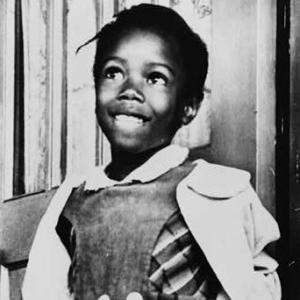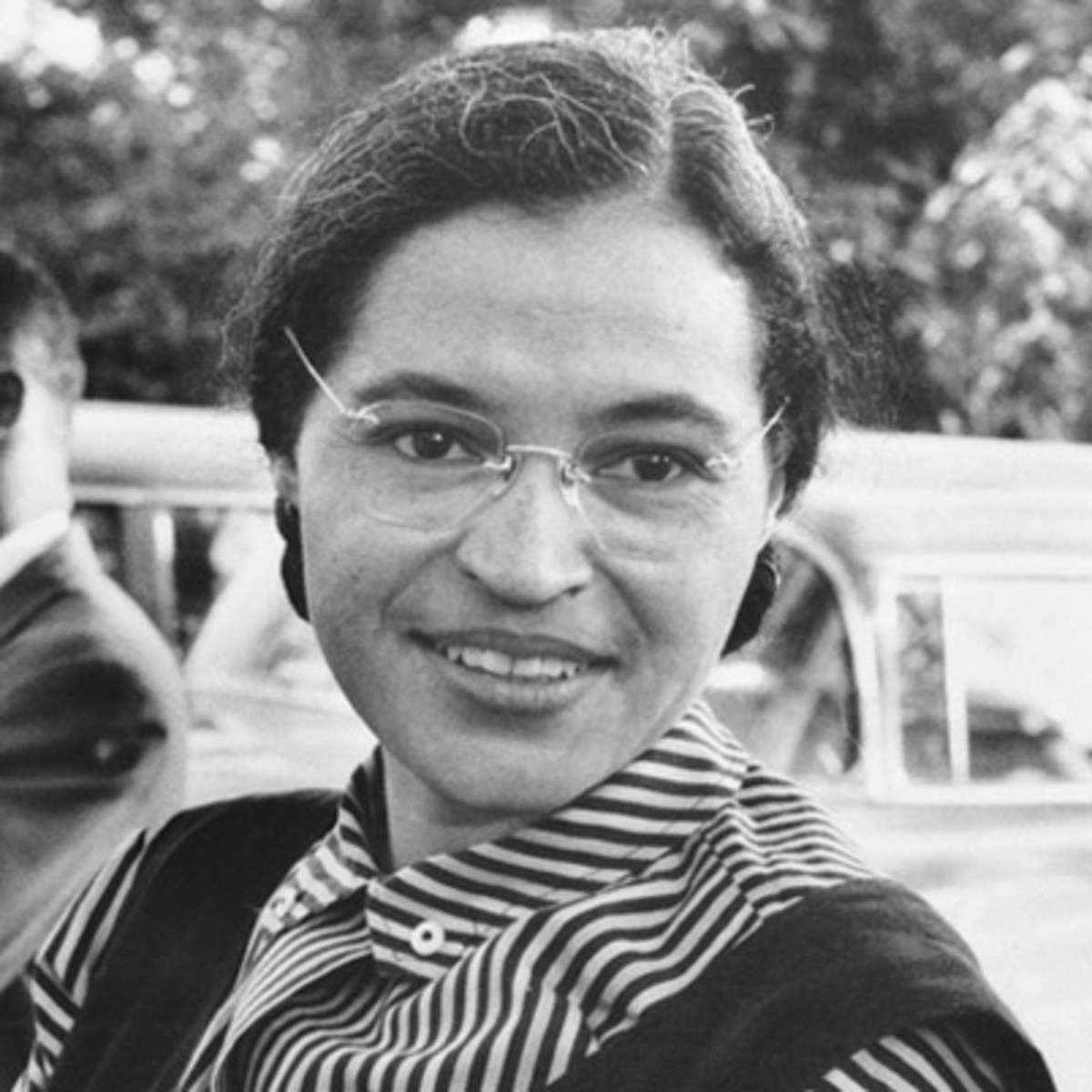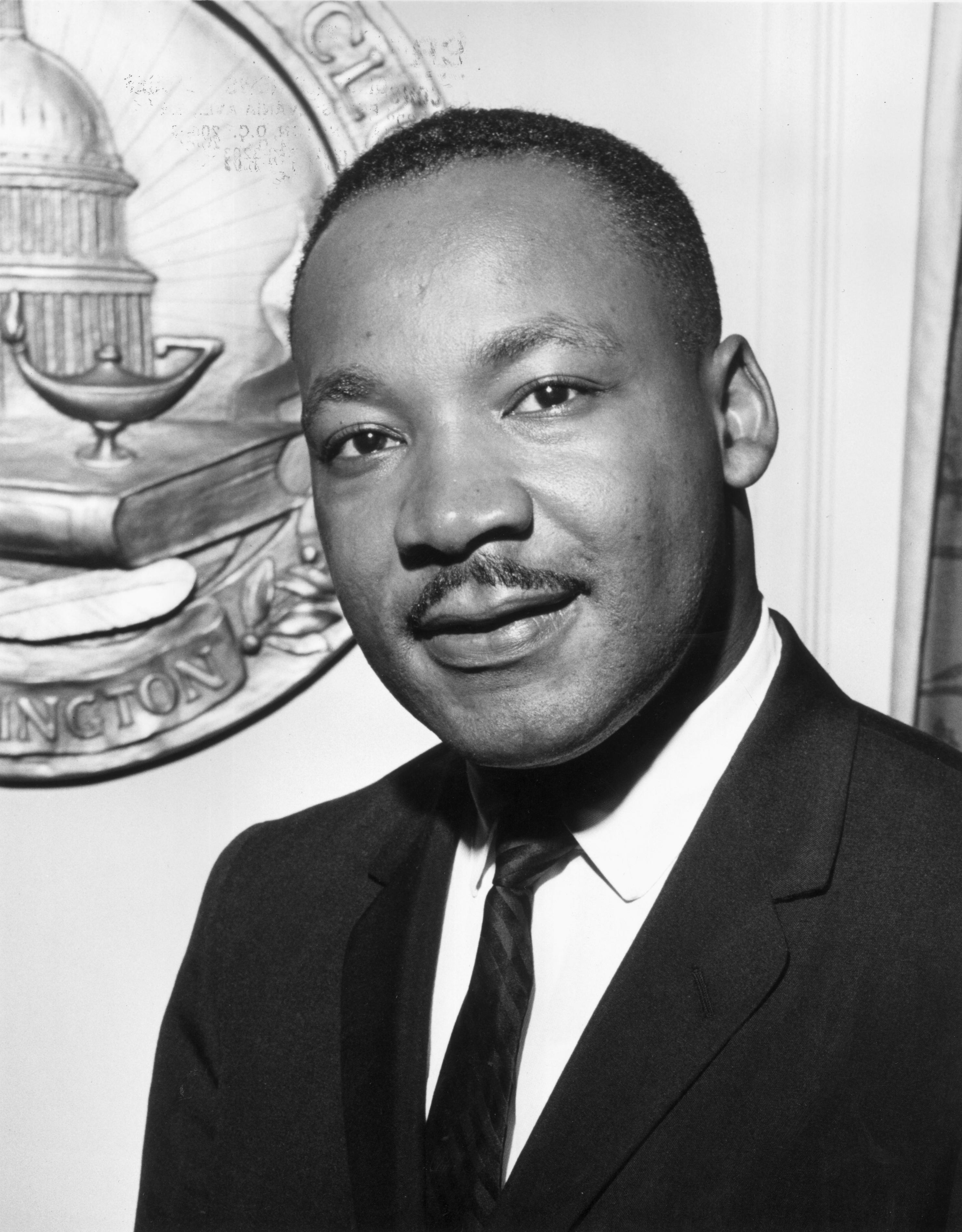Racism
Racism is a problem that the world has been struggling with ever since people from different cultures first interacted. The tendency of people to judge others based on the color of their skin is a dangerous one, and although we've made huge progress, there's still more to be done.
Racism on the Internet
The Internet is a complicated place for any minority. People can post practically whatever they want on social media sites, and while that can be extremely beneficial when people use it for positive things, that's not always the case. Through personal experience, you'll seldom find a place online where you can scroll through memes without finding an abundance of racial slurs and jokes at the expense of racial minorities. Some things found on the Internet also enforce racial stereotypes, which is also incredibly harmful and a setback to reaching equality.
Systemic Racism
A lot of the problems we face with racial inequality stem from prejudiced individuals and their actions, like making a racist comment or post on social media or treating somebody of color differently than they would treat a white person. But perhaps even more of these issues are not only brought on by an individual's words or actions. This form of racism, known as systematic racism, is exactly what it sounds like-racism that's built into our system so that in everyday life, white people get more privileges than anybody else. Systematic racism even goes down to the school level-black students are 3 times more likely to be suspended from school than white students for doing the same things. Another aspect of systemic racism is our legal system-black drivers are 30% more likely to be pulled over by the police than white ones, and more than half of young black people in America know somebody, including themself, who has been harassed by a police officer. When a black person does commit a crime, they are 20% more likely to be sentenced to jail time, and will probably receive sentences that are 20% longer than those given to white people for the same crimes. I could go on and on like this-it's statistically proven that black people are less likely to get job opportunities, have access to good healthcare, and own a house. Systemic is a larger and more difficult problem to tackle, but if we could do it, it would take care of a lot of the racism in our society.
So How Can You Help?
Every major racist law was changed somehow. This was because people took action, standing up for what they thought was right. It may not be easy or simple, especially when you can't find a concrete law to fight against but rather a way of acting. But there are things you can do. If you see instances of individual racism, like racist jokes or bullying, let the person who is being racist know that what they are doing is harmful and wrong, and show your support to their victim. Celebrate diversity whenever you can. And overall, just don't be racist-if everyone followed that simple rule, there would never be a problem in the first place.
Some Important People from the Civil Rights Movement
 |
 |
 |
| Ruby Bridges was one of the first black students in the all-white William Frantz Elementary School. Her attending this school was a major step in desegregating schools in America. |
Rosa Parks was also a major influence on the Civil Rights Movement, known for sitting in the "white section" of the bus and refusing to move. She was arrested for this protest against segregation, but her courage had an impact on society. |
One of the most influential people in the Civil Rights Movement was Martin Luther King Jr. He was a fantastic leader for the movement because of his skills in public speaking-most people have heard of his famous speech, "I Have a Dream". |


